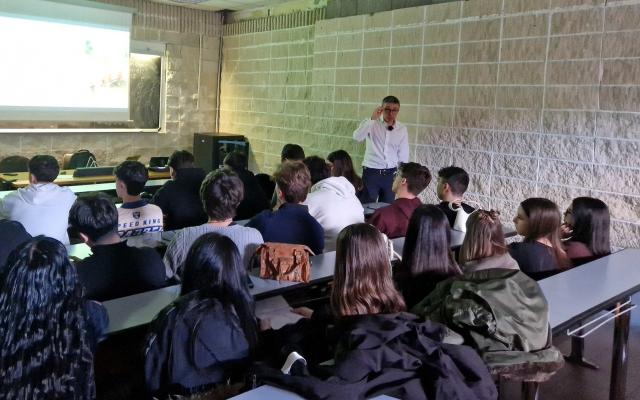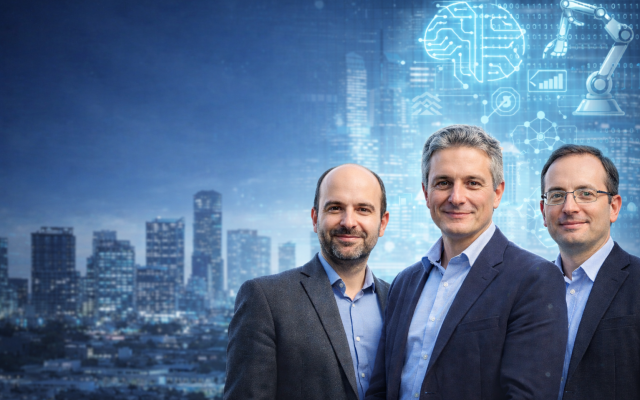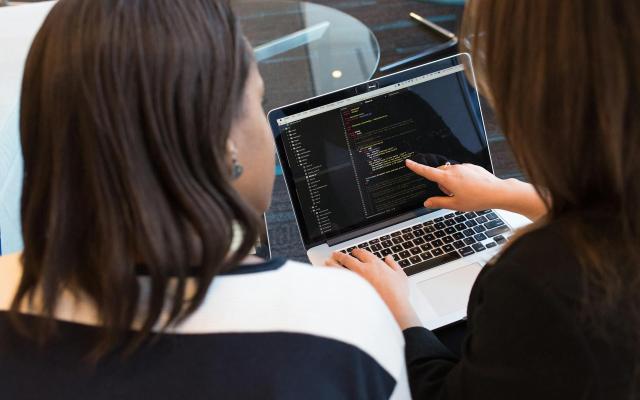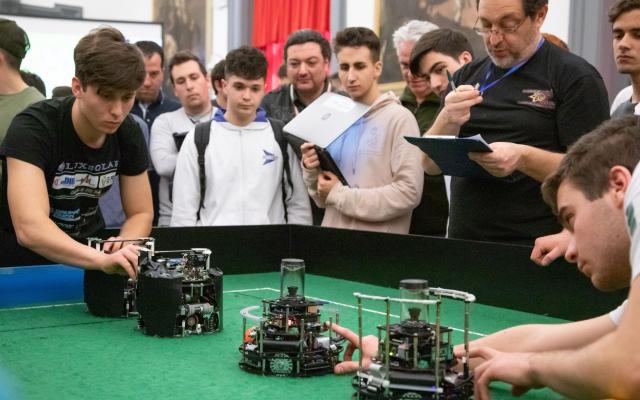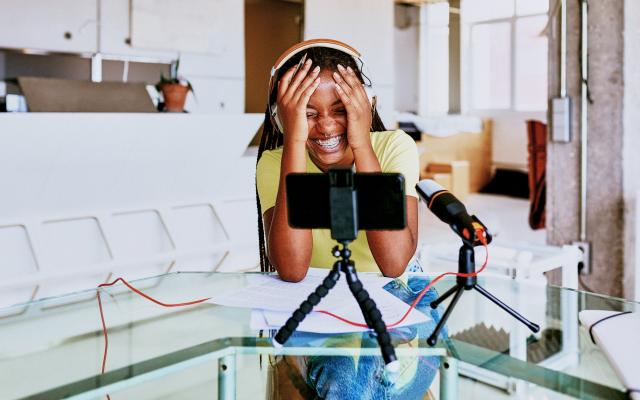From the first lines of code to the cybersecurity Olympics. And the dream of an inclusive school
After telling the stories of Jacopo Di Pumpo and Kristjan Tarantelli, today we conclude our ‘trilogy’ of young talents with Leonardo Mattei, a student at the Antonio Labriola scientific high school in Rome and gold medallist at OlyCyber.IT 2024, the Italian cybersecurity Olympics. Leonardo is one of the protagonists of RomeCup 2025 and the Digital Superheroes challenges, organised by the Fondazione Mondo Digitale with ING Italia as part of the Job Digital Lab project.
‘Cybersecurity is now essential for everyone,’ explained Leonardo during his interview with Francesco Laurenti of Rai News, "because it allows us to live a safe and peaceful digital life, protecting our data from malicious users. The Italian competitions offer extraordinary training: thanks to these experiences, a new generation of much more aware and prepared experts will emerge."
His journey into the world of computing began early, even before he had his own computer. As a child, he watched his father work on his PC and was fascinated. In fourth grade, he got his first computer, and from that moment on, he never looked back. He started programming in batch language, then discovered Telegram bots and the endless creative freedom that software offers: “Better than Lego, there are no limits here except those of knowledge.”
In middle school, he taught himself by attending developer communities. In high school, he chose applied sciences, but two hours a week of computer science were not enough, so he continued to study on his own. ‘I like difficult problems, understanding how others think, learning from the best.’ He does this through cybersecurity competitions, his favourite: capture the flag challenges, in which you look for vulnerabilities in systems to find hidden strings, known as flags. Leonardo specialises in the web category, but he also loves learning about new areas, delving deeper, analysing, exploring and understanding.
‘Live competitions are the best part,’ he says. ‘The environment is open, it's easy to get to know people. You learn a lot, even outside the tests.’
But his passion is not limited to code. In his free time, he plays tennis and reads books on science and philosophy. He is interested in developing his own thinking, but also in giving something back to others.
"I would like to do something that has a positive impact on the community. Something that helps people learn better."
He has had an idea for some time: to create tools for a more inclusive and efficient school, capable of identifying students' different abilities. Last year, he worked on an app that generates quizzes from documents: the project has been put on hold, but the idea remains alive. Because if cybersecurity seeks vulnerabilities to fix, schools seek differences to enhance. ‘I dream of a school that transforms every difference into value.’

